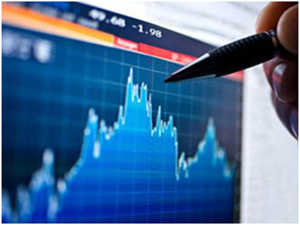Greece’s economy shrank in the last three months of 2018 after expanding for nine consecutive quarters, government data showed on Thursday, with the annual pace of growth also slowing, Trend reports referring to Reuters.
Seasonally adjusted data released by the country’s statistics service showed gross domestic product contracted by 0.1 percent in the fourth quarter from the third, when it expanded by 1.0 percent.
Despite the slight contraction, the data showed Greece’s recovery remains largely on track after a lengthy recession that shrank its economy by a quarter.
“The growth of the Greek economy, for a second year in a row, is a first positive step on the way to normality,” said Eurobank chief economist Tassos Anastasatos.
“Deceleration of economic activity in Q4 2018, mainly due to a decline in fixed investments, reflects remaining uncertainties.”
On an annual basis, economic expansion decelerated to 1.6 percent in the fourth quarter from a downwardly revised 2.1 percent clip in the previous quarter.
“Private consumption along with net exports were the main drivers, but continuing weakness in investment spending - gross capital formation - was a drag,” said National Bank economist Nikos Magginas.
Looking at 2018 as a whole, the data pointed to a 1.9 percent growth rate, slightly below initial estimates.
Other data released on Thursday showed unemployment in December fell to 18.0 percent from 18.3 percent in November, the lowest reading since July 2011 but still the highest in the euro zone.
In its latest enhanced surveillance report, issued last month, the European Union Commission projected real GDP growth of 2.0 percent in 2018, picking up to 2.2 percent this year and to 2.3 percent in 2019.
It sees domestic growth drivers - private consumption and investment - strengthening, but the contribution from the external sector moderating as imports rise and the EU’s economic growth slow.
“Looking at this year, we expect private consumption to remain a pillar, helped by a rise in disposable incomes,” Magginas said. “Net exports will likely contribute positively but at a softer pace due to a slowdown in the euro area.”






